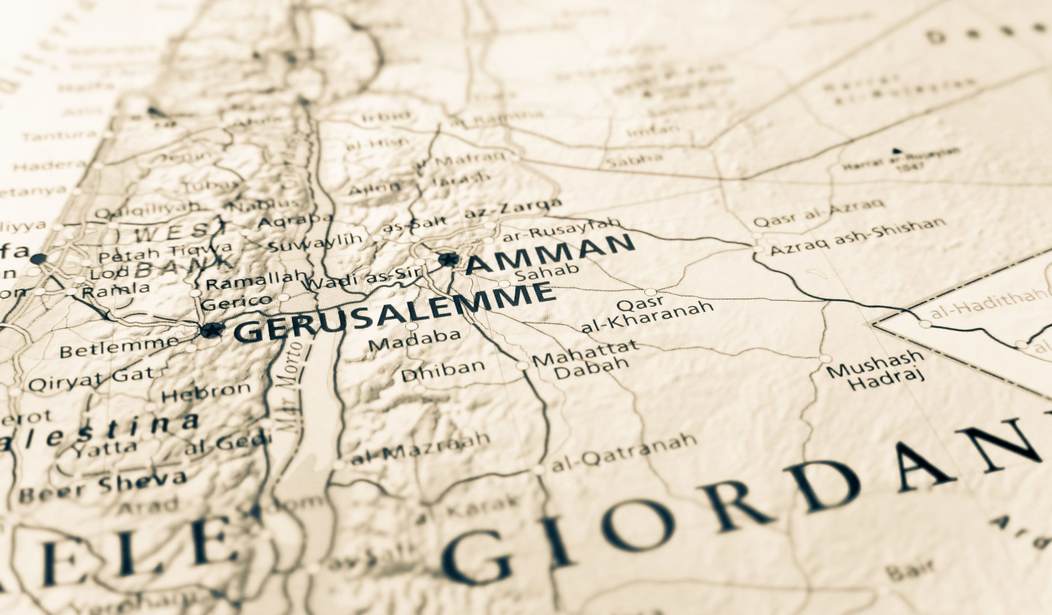Continuing a plan to get through the entire Bible in a year, follow as I journal through the reading. I have chosen a straightforward approach that begins in Genesis and ends in Revelation. This will not be an in-depth study or a comprehensive commentary. There are plenty of sources for such material. This is stage one Bible reading, taking the text at face value and sharing impressions.
Today’s reading comes from the book of Numbers, chapters 31 through 32, detailing Israel’s war against the Midianites. Some impressions from the text:
- Old Testament passages like Numbers 31 are often cited by skeptics and atheists as a challenge to God’s goodness. What kind of a God effectively orders genocide? This question is also raised in defense of Islam and its modern religious violence. The Bible of the Christians and the Jews proves just as violent as the Koran, the reasoning goes.
- There are a few key points to be made:
- The God of the Bible did far worse, by human standards, than the genocide of the Midianites. This was the God who all but wiped out humanity with a global flood, who incinerated Sodom and Gomorah, who killed all the firstborn of Egypt. Wiping out a tribe was relatively minor.
- This is also the God who crafted the entire narrative of creation to display his glory through matchless grace and mercy. Every sinner deserves to die, every single one. That any of us are allowed to take even a single breath represents boundless grace from a holy God.
- The Midianites were not just any group of sinners. They were vile idolaters who led many among the people of Israel away from worship of the Lord.
- The destruction of the Midianites was a contained event, not a general proclamation to kill all non-believers such as those found in the Quran. The broader context of scripture makes clear that God desires all to be saved and reconciled to him. But he will not force it, and he will not withhold the consequences of persistent unrepentant defiance.
- It is worth noting that each and every Israelite warrior was accounted for after the fighting. Not a single one was killed. How many military engagements in the ancient world could claim such one-sided domination?
- The sons of Reuben and Gad did not wish to settle in the Promised Land with the rest of Israel. But unlike their fathers who earlier rebelled against Moses and triggered 40 years of wandering in the wilderness, their desire was not one of rebellion. They were willing to fight alongside their brothers to take the Promised Land from those who had possessed it, then settle in the lands of their choice after the fighting was over.
Return soon as we continue our year-long journey through the text of the Bible.
Catch up on the previous entries:
Archived Genesis posts (scroll down in link).
Archived Exodus posts (scroll down in link) .
Archived Leviticus posts (scroll down in link).
The book of Numbers lives up to its name. – Numbers 1-2
The Levites take their place as ministers of the tabernacle. Numbers 3-4
Tests and tributes. – Numbers 5-6
Israel gives generously toward the consecration of the tabernacle. – Numbers 7
God leads Israel from Sinai into the wilderness. – Numbers 8-10
Rebellion and disobedience run rampant among Israel. – Numbers 11-13
Rebellion proves costly. – Numbers 14-15
Korah’s rebellion. – Numbers 16-17
Sin at Meribah, and the death of Aaron. – Numbers 18-20
Salvation. Our choice. His work. – Numbers 21-22
You can’t outmaneuver God. – Numbers 23-25
Preparing to enter the Promised Land. – Numbers 26-27
Honoring God with offerings and vows. – Numbers 28-30









Join the conversation as a VIP Member